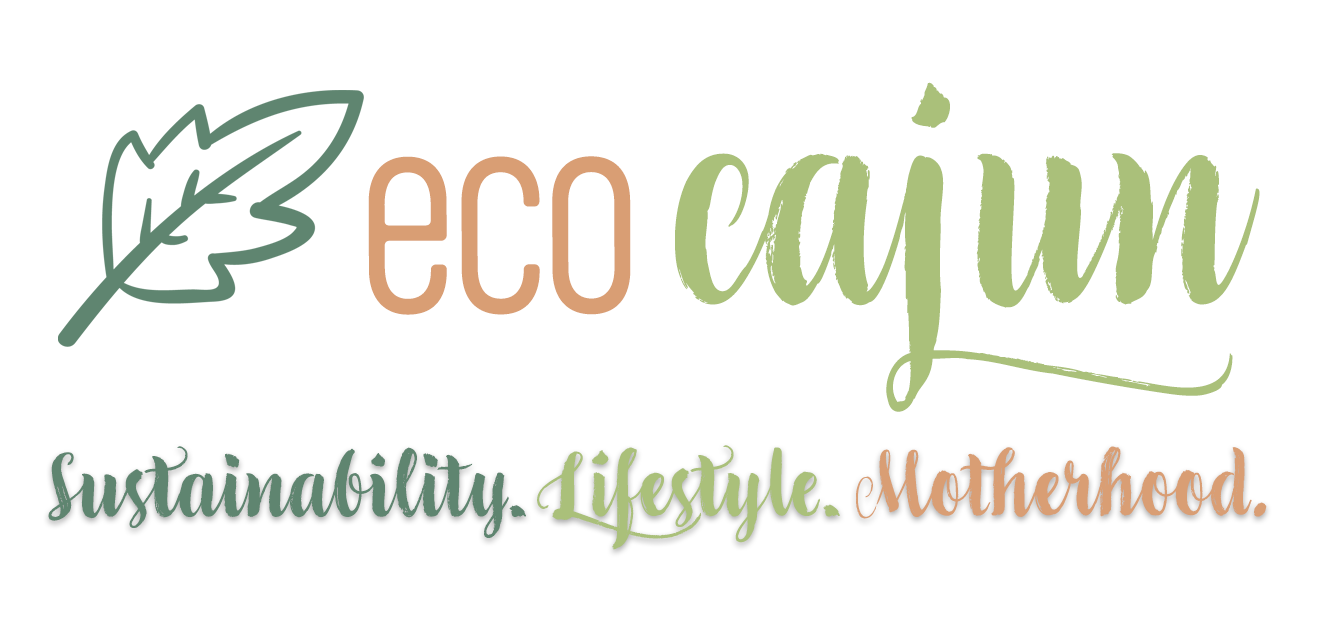Plastic bags are ubiquitous, annoying, a major contributor to litter and one of the easiest things to get rid of in order to be greener. During the Ocean Conservancy's 2009 International Coastal Cleanup, they calculated that plastic bags were the second most picked-up item (right behind cigarette butts).
A few other statistics, courtesy of Earth911: Most curbside recycling programs do not accept plastic bags, because they are so lightweight and get stuck in the machinery. But you can bring them to many grocery stores for specialized recycling. And standard polyethylene bags don’t biodegrade, they photodegrade. When they're exposed to ultraviolet radiation from sunlight, the polymer chains become brittle and crack. This suggests that plastic bags will eventually fragment into microscopic granules. Not good!
As an individual, you can choose to stop using them, in favor of cloth bags. But in some cases, city governments want to take that step for everyone, and plastic bag bans come into focus.
Los Angeles is one of the latest cities to ban free plastic bags in stores. Instead people can choose to bring their own bags, or pay 10 cents per paper bag. Under the ordinance, the city will hand out one million reusable bags in low-income areas. The ban would apply to stores that sell perishable foods, such as convenience stores, supermarkets and large retailers. Stores face fines of up to $500 for defying the ban and handing out single-use bags. And small stores have until June 2014 to begin enforcing the ban. About $2 million a year is spent to clean up plastic bag litter in Los Angeles.
Other cities that have banned plastic bags include Santa Monica, San Francisco, Palo Alto, Santa Cruz, San Jose, Austin, Portland, Great Barrington, MA, Nantucket, Aspen, and Brownsville, TX. And more are considering some type of ban. You can view the different types of city legislation at PlasticBagLaws.org.
Not surprisingly, the city-wide bans are not universally accepted. Many residents still want the convenience of plastic bags, without being charged to get paper bags or being responsible for bringing cloth bags - and don't want to shift their habits in order to be more environmentally friendly and less wasteful. Some critics claim that the bans lead to a rise in shoplifting incidents, from thieves sneaking out merchandise in cloth bags. Others don't believe the bans will significantly decrease litter amounts in cities. One editorial from Massachusetts brings up the belief that a switch to paper bags causes even greater harm to the environment. The news and debates are enough for one man to run a website devoted to plastic bag bans.
If there's not a ban in your town, or you disagree with the idea of a plastic bag ban, you can still be mindful enough to not use plastic bags anyway. Single-use plastic bags were created simply for convenience, but they are not the only convenient way to carry items you buy in a store. Not using a plastic bag shouldn't cause so many people to complain - it's far from the being the biggest fish to fry, so to speak. Whining that you can't get some free, crappy, single-use plastic bags at the store is really unbecoming. The bans weren't created with the intent to make life slightly less convenient, but for the good of the planet, and the planet belongs to more than just one person. It shouldn't even take a ban to help reduce the reliance on plastic bags.
Cloth and reusable bags are so universally useful, full of personality and better for the planet.
Published in Times of Acadiana
Written for Schwinn Bikes
Popular Posts
-
Eye care is an important part of my daily routine, and it's one that can be greened in a few ways, without compromising health factors. ...
-
Part of being environmentally friendly is working to protect our land and natural resources, especially from aggressive methods that can cau...
-
So, I haven't succumbed to the Pokemon Go craze, but I love the positives that have come from everyone playing, from increased exercise ...
Copyright Eco Cajun. Sophie Template designed by Georgia Lou Studios






No comments